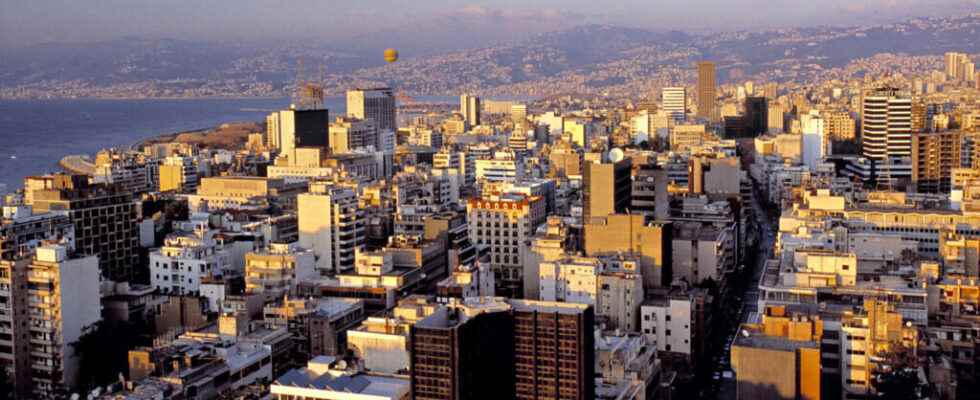More than three years after the start of the economic crisis, in October 2019, Lebanon still does not see the end of the tunnel and the daily life of the Lebanese continues to deteriorate. Prices are exploding, inflation is galloping, the fall of the Lebanese pound is dizzying. According to the World Bank, more than 80% of the population lives in poverty.
From our correspondent in Beirut,
A recently published international ranking indicates that the Lebanese capital offers one of the worst quality of life in the world. The latest ranking established by Numbeo places Beirut in 240ᵉ place out of the 242 cities listed this year by this database. The figures provided by this study show that the dramatic and brutal decline of Lebanon has had a considerable impact on the quality of life in Beirut, once renowned for the level of services offered.
Beirut is no longer the city where life was good. All prices have increased: 170% for food, 180% for transport. The cost of housing, which includes the prices of water, gas and electricity, jumped 235%. Education rose by 190% and telecommunications by 226%.
This increase in the cost of living is accompanied by a dramatic collapse in purchasing power due to the depreciation of the Lebanese pound which has lost 95% of its value against the dollar. The minimum wage, which was the equivalent of 450 dollars before the crisis, is now worth 20 dollars.
Leave
Faced with the gravity of the crisis and the lack of prospects for the future, many Lebanese are sinking into despair and dream of only one thing: leave the country. A study conducted a few months ago shows that one million young Lebanese, or one-fifth of the population, are trying to leave the country.
A parliamentary source told RFI that since last May, 240,000 people have left. Leila Dagher, professor of economics at the American University of Beirut, indicates in a report on the impact of the crisis that 78% of health personnel wish to leave Lebanon permanently.
This haemorrhage affects many sectors, including the armed forces. Officers who were following training courses in France, the United States and other countries tendered their resignation or simply deserted to stay put.
But today, even those who wish to leave find it difficult to do so. You have to wait more than a year to get an appointment at General Security to renew or make a passport.
Lack of reforms
In the meantime, nothing seems done, or very little, to mitigate the impact of the crisis on the population. No far-reaching reform has been carried out despite calls and pressure from all sides. The authorities do nothing or rather allow the crisis to happen. The depreciation of the pound is of some use to the State which has seen its debt in Lebanese pounds fall from the equivalent of 55 billion dollars to two billion in real value.
Today, most Lebanese survive thanks to aid. Last week, the European Union released another $25 million to meet the food and other needs of 7,200 families. The money sent by the diaspora also allows tens of thousands of families to make ends meet.
